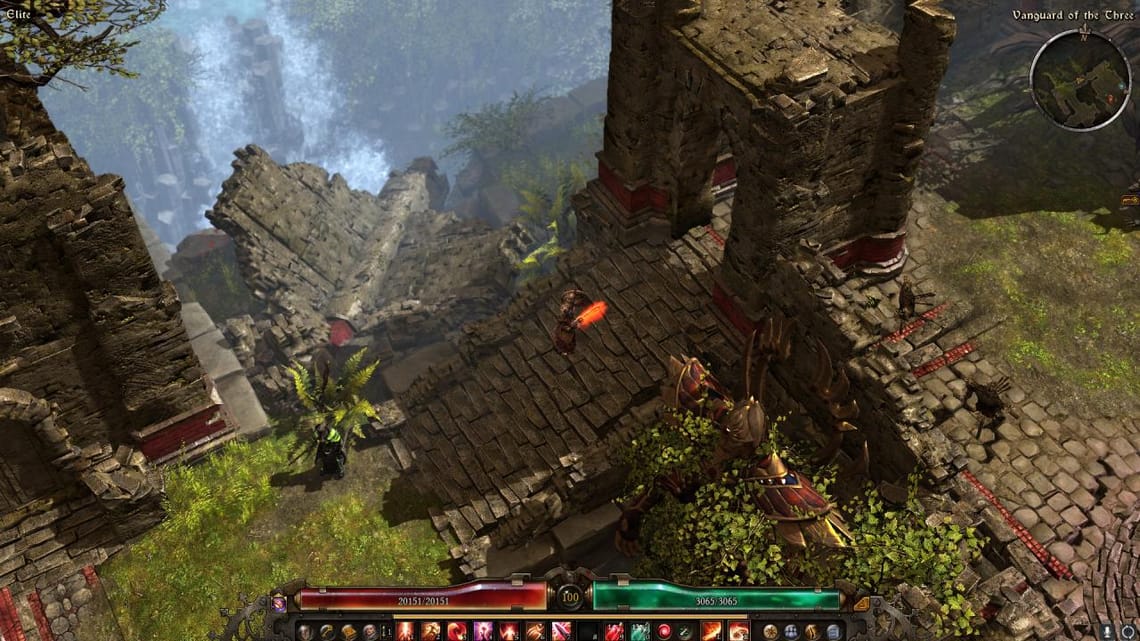
As long as Jones had it, he would be able to show that the agency knew full well how brutal the torture was how ineffective its torturers considered it to be and how thoroughly the CIA had covered all of that up.Īs long as Jones had the document, that is. The document, prepared for Leon Panetta when he was CIA director, had reached the same conclusions about the torture program that Jones had. But they hadn’t appreciated its full significance until the agency, in an attempt at refuting a report that was still far from publication, told Barack Obama’s staff that the committee was pushing a hysterical interpretation of the agency’s fateful post-9/11 embrace of torture. Jones and his team had found it years before, placed mysteriously onto a shared computer network drive the Senate intelligence committee investigators were using in northern Virginia, not far from CIA headquarters. There was one document in particular that proved it. The source of that strain was simple: having read millions of internal emails, cables and accounts of agency torture, Jones had come to believe everything the CIA had told Congress, the Bush and Obama White Houses and the public was a lie. The subsequent committee inquiry had deeply strained a relationship with Langley that both sides badly wanted to maintain. For five years, he had been methodically sifting through internal CIA accounts of its infamous torture program, a process that had begun after the committee learned – thanks to a New York Times article, not the agency – that a senior official had destroyed videotapes that recorded infamously brutal interrogations. Jones, a counter-terrorism staffer, had become the chief investigator for the Senate intelligence committee, the CIA’s congressional overseer, on its biggest inquiry.


They would nod, he would wish them a good night, and they would go their separate ways.Īfter midnight in the summer of 2013, Jones deliberately violated that accord. They would ask Jones if anything he wanted to remove contained real names or cover names of any agency officials, assets or partners, or anything that could compromise an operation. An informal understanding had taken hold after years of working together, usually during off-peak hours, so closely that Jones had parking privileges at an agency satellite office not far from its McLean, Virginia, headquarters.

When he needed to take something out of the secured room where he read mountains of their classified material, they typically obliged.

Daniel Jones had always been friendly with the CIA personnel who stood outside his door.


 0 kommentar(er)
0 kommentar(er)
